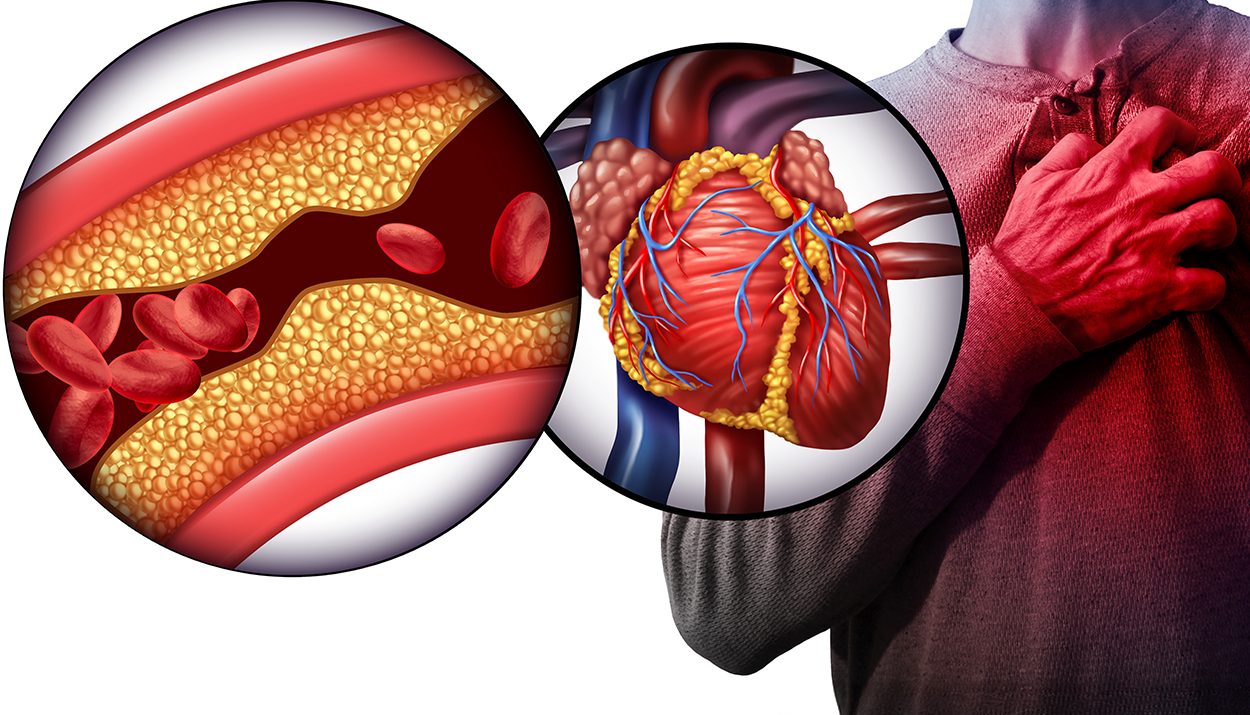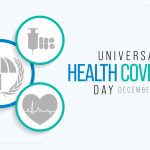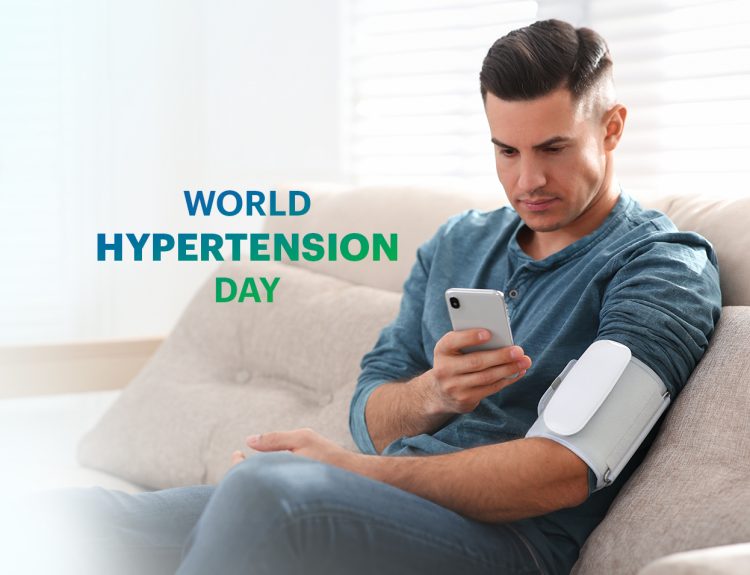Delving into the complexities of cardiovascular health often feels like navigating uncharted waters, a mix of progress and persistent challenges. In a recent MDForLives survey, cardiologists revealed a striking fact – an overwhelming 86% of them pinpointed areas within cardiac health that continue to evade comprehensive understanding, even among experts. It’s a stark reminder that despite advancements, there are facets of cardiology that remain enigmatic.

However, this survey isn’t just about highlighting these knowledge gaps in cardiovascular care; it’s a call to action. It signals the need for dedicated exploration and targeted research in these specific areas. Think of it as a roadmap, a strategic guide, to bridge these gaps and fortify our approach against cardiovascular diseases.
Stay with us as we delve deeper into these findings, uncovering how they are reshaping the landscape of cardiovascular care.
Cardiologists’ Pursuit of Knowledge: Embracing Multifaceted Paths to Stay Ahead in Cardiovascular Disease (CVD) Care

Cardiologists exhibit an unwavering dedication to staying abreast of the latest advancements in cardiovascular care, as evidenced by the survey findings showcased above.
An impressive 100% of these healthcare experts actively participate in medical conferences and seminars, serving as their primary avenue for staying updated about causes of cardiovascular disease, new medicines and treatments, impact of cardiovascular disease on individuals and more.
Some cardiologists have also mentioned that to expand their knowledge, they engage in collaborative discussions with colleagues (86%), follow journals and subscriptions (57%), utilize online medical education platforms (43%) and partake in clinical trials or research projects (29%).
However, while acknowledging that most cardiologists prioritize attending conferences and seminars based on the survey findings, we propose avoiding confining oneself to a single path. Excelling in cardiovascular disease care requires a holistic approach that embraces diverse learning opportunities. Success stems from a combination of attending conferences, participating in discussions, keeping abreast of journals, actively contributing to research and leveraging online resources, culminating in excellence within the field.
Cardiologists keen on sharing essential cardiac insights are welcome to collaborate with us by sharing blogs and case studies or participating in our webinars and discussion forums.
Closing Knowledge Gaps: The Power of Research & Education
Now, the question lies – “How to close the knowledge gaps in cardiovascular care?” Closing knowledge gaps demands more than routine approaches like attending conferences, collaborative discussions and online resources. In our survey, 76% of cardiologists highlighted an urgent need for expanded research and education. This emphasis highlights their deep commitment to advancing the field and their recognition of the pivotal role that continuous learning and research play in refining treatments and enhancing patient outcomes.

Their call isn’t just about personal growth; it’s about elevating the standards of cardiovascular care. It reflects a proactive step towards addressing existing gaps, driving innovation and shaping the future of cardiology. By advocating for increased research initiatives and educational resources, cardiologists aim to unlock deeper insights into the impact and causes of cardiovascular disease, ultimately paving the way for more effective treatments and improved patient outcomes.
This concerted effort signifies a commitment to ongoing investment in knowledge and skill development, benefiting both the medical community and the patients under their care.
Identifying the Key Factors Causing Knowledge Gaps in Cardiovascular Care
It’s thought-provoking that 25% of cardiologists see the cost factor as one of the potential causes for the prevalent knowledge gaps in cardiovascular care. This unconventional perspective suggests that investing in accessible education, amplifying research funding and adopting innovative technologies could significantly narrow these gaps.

Initiatives and resources from Cardiologists
This outlook highlights the pivotal role of financial resources in shaping cardiovascular disease care. By directing funds towards education, cardiologists can access comprehensive learning, ensuring they remain updated with the latest advancements and bridge existing knowledge gaps.
Moreover, beyond costs, cardiologists have highlighted various other factors contributing to these gaps. These obstacles encompass challenges in accessing research materials and journals, limited ease of entry to conferences and more.
Conclusion

Cardiologists’ perspectives on knowledge gaps in cardiovascular care offer a clear path forward. Their dedication to staying informed, advocating for more research and education, and acknowledging the role of cost in addressing these gaps shows a collective commitment to bettering cardiovascular care.
Understanding these perspectives is crucial in tackling cardiovascular disease effectively. By investing in education, research and innovation, the medical community can shrink these knowledge gaps, leading to improved patient outcomes and progress in cardiovascular care.
Cardiologists who want to make a mark in the industry are invited to join MDForLives. You can participate in paid medical surveys that directly impact healthcare innovation!

The creative force behind the keyboard, Pallabi crafts narratives of healthcare wonders and research marvels. As a seasoned professional blogger, she ventures to unearth the riches of medical innovation, weaving them into insightful stories that educate.






